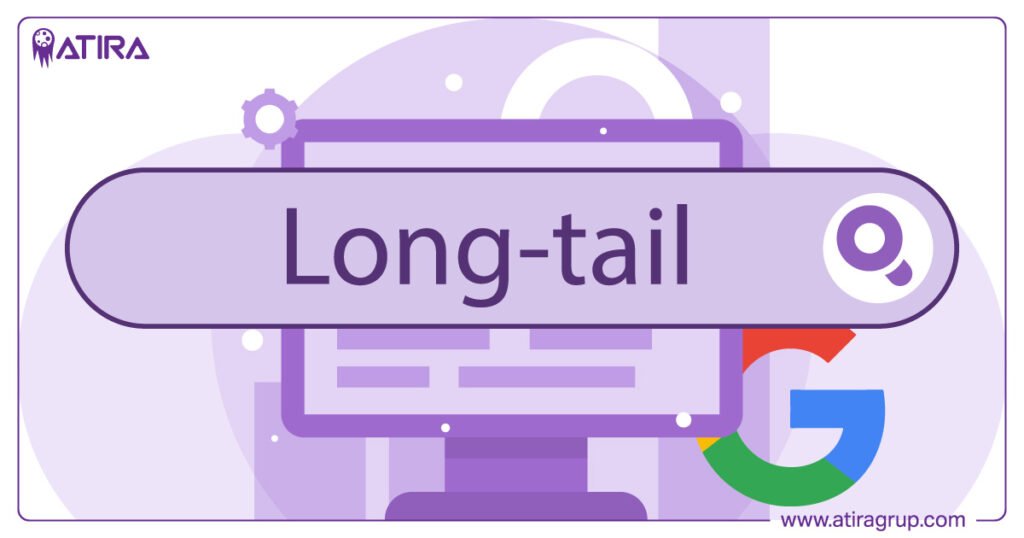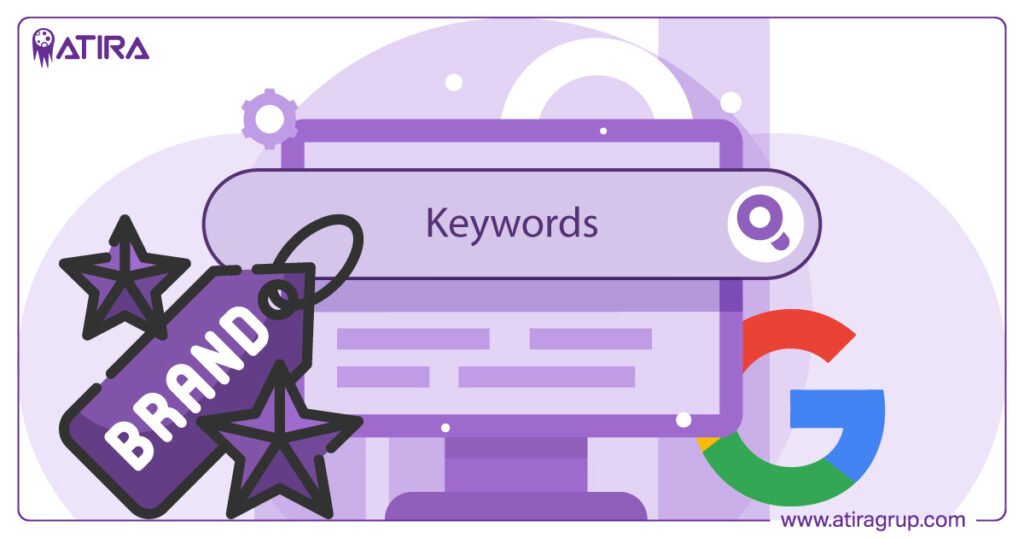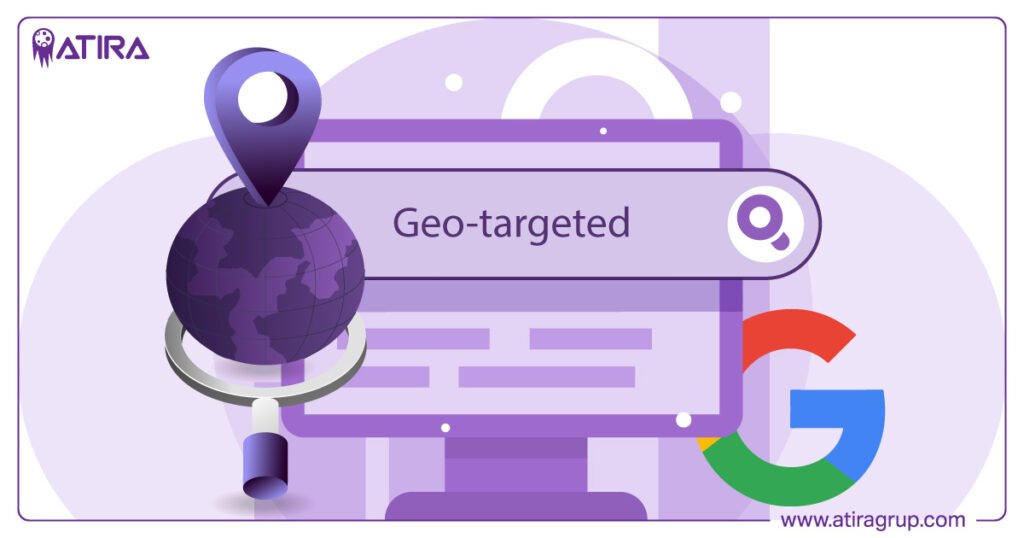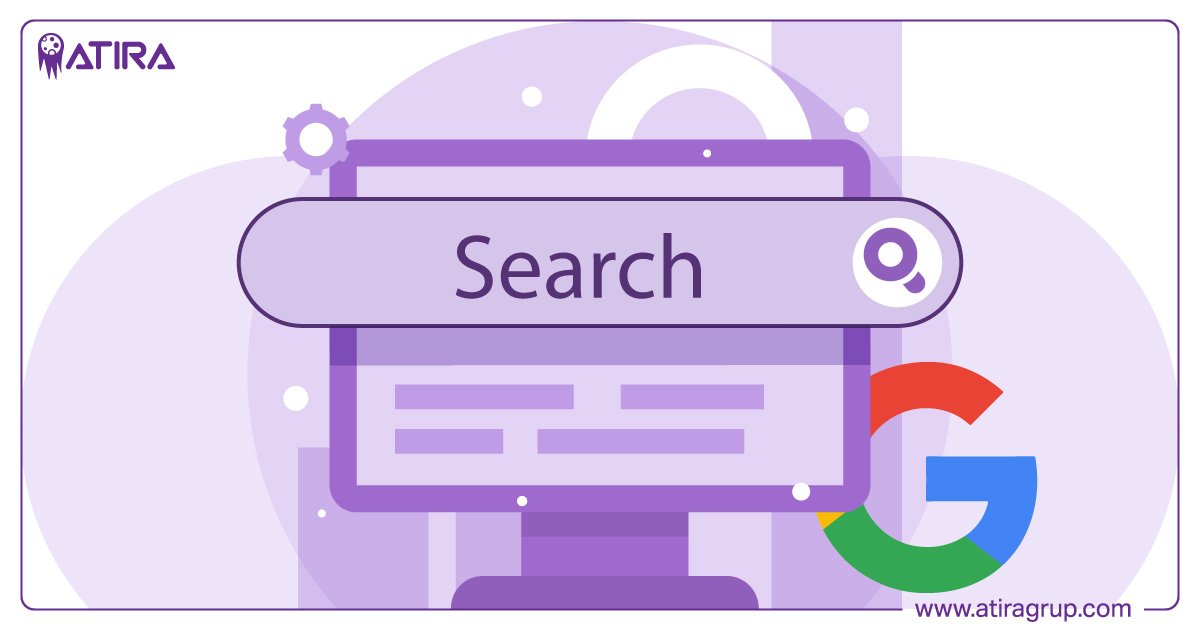Keywords types in Google organic search results are important for organic Search Engine Optimization (SEO) because they help search engines understand the content and purpose of a web page.
Table of Contents
Here are some of the different types of keywords that can be used for organic search:
Head Keywords
These are short, general keywords that describe the main topic of your website or page. They are often highly competitive and challenging to rank for but can attract significant traffic if optimized correctly.
Head keywords are short, general keywords that describe the main topic of a website or web page.
They typically consist of one or two words and are often highly competitive, making them more challenging to rank for in search engine results pages (SERPs).
Examples of head keywords might include “shoes,” “travel,” or “music.” While these keywords can attract a large traffic volume if optimized correctly, they can also be cultivated.
As a result, they may not necessarily attract users looking for what your business offers explicitly.
For example, if you own a shoe store specializing in running shoes, the head keyword “shoes” may not be the most effective keyword to target, as it is too broad and may attract users looking for other types of shoes.
Instead, you may want to focus on more specific long-tail keywords, such as “women’s running shoes,” which are more targeted and likely to attract users looking for your products.

Keywords Types in Google Organic Search
When using head keywords for SEO, it’s essential to be strategic in your approach. Because these keywords are often highly competitive, ranking them on the first page of SERPs can be difficult.
However, you can still use head keywords to optimize your website or content by incorporating them into your title tags, meta descriptions, and other on-page elements.
This can help signal to search engines that your content is relevant to the user’s search query, improving your overall visibility in SERPs.
In summary, head keywords are essential to SEO and can help attract a large traffic volume if used correctly.
However, it’s essential to be strategic and focus on targeting more specific, long-tail keywords that are more relevant to your business and more likely to attract users looking for what you offer.
Long-tail Keywords
Long-tail keywords are longer, more specific phrases that target a narrower audience and are less competitive than head keywords. They can be used to target users who are searching for precise information or products.
Long-tail keywords are longer, more specific phrases to target a narrower audience in search engine results pages (SERPs). They typically consist of three or more words and are less competitive than shorter, more generic keywords, making them easier to rank for.
Examples of long-tail keywords might include “women’s running shoes for flat feet,” “best coffee shop in downtown Seattle,” or “affordable wedding photographers in Austin, TX.” These keywords are more specific, targeted, and likely to attract users searching for detailed information or products.
When using long-tail keywords for SEO, it’s essential to research and identifies the most relevant and valuable keywords for your business. You can use tools like Google Keyword Planner, SEMrush, or Ahrefs to identify popular long-tail keywords, evaluate the competition level, and find new keyword opportunities.

Keywords Types in Google Organic Search
Once you’ve identified your target long-tail keywords, you can incorporate them into your website or content in a variety of ways, such as:
- Using long-tail keywords in your page titles, meta descriptions, and header tags to signal to search engines what your content is about.
- It creates high-quality, informative content that uses long-tail keywords naturally and in context.
- Using long-tail keywords in your image alt tags, file names, and captions to help search engines understand the content of your images.
- Building links to your website or content using long-tail keywords as anchor text to help boost your search engine rankings.
By focusing on long-tail keywords, you can attract a more targeted audience to your website or content, improve your visibility in SERPs, and increase your chances of converting visitors into customers.
Branded Keywords
These include your company or brand name and are used to target users searching for your business specifically.
Branded keywords include your company or brand name and are used to target users searching for your business specifically.
These keywords typically include your brand name or variations, such as your company name, product name, or slogans.
Examples of branded keywords might include “Nike running shoes,” “Apple iPhone,” or “Coca-Cola products.”
Branded keywords can be precious for businesses because they often indicate a high level of interest or intent from the user as they actively seek out your brand.

Keywords Types in Google Organic Search
When using branded keywords for SEO, it’s crucial to ensure that your website or content is optimized for these keywords to help improve your visibility in search engine results pages (SERPs).
Here are some tips for using branded keywords effectively:
- Could you incorporate branded keywords into your website or content naturally and relevantly? This can include using your brand name in page titles, meta descriptions, header tags, and your content itself.
- You can build links to your website or content using branded keywords as anchor text. This can help improve your search engine rankings for your brand and boost your overall visibility in SERPs.
- Could you monitor your brand mentions and reputation online? This can help you identify opportunities to optimize your content for your brand, as well as address any negative comments or feedback.
- Use branded keywords in your paid advertising campaigns, such as Google Ads or social media advertising, to target users actively searching for your brand or products.
Using branded keywords effectively can improve your visibility in SERPs, build brand awareness and recognition, and attract more targeted traffic to your website or content.
Geo-targeted Keywords
Geo-targeted keywords include a specific location or region and target users searching for products or services in a particular geographic area.
Geo-targeted keywords target users in a specific geographic location, such as a city, state, or country.
These keywords benefit businesses serving a local or regional market, such as restaurants, retailers, or service providers.
Examples of geo-targeted keywords might include “New York City pizza delivery,” “Los Angeles plumber,” or “Chicago clothing store.” These keywords are designed to attract users searching for products or services in a specific location and can help businesses improve their visibility in local search engine results pages (SERPs).

Keywords Types in Google Organic Search
When using geo-targeted keywords for SEO, it’s essential to ensure that your website or content is optimized for these keywords to help improve your local search rankings. Here are some tips for using geo-targeted keywords effectively:
- Incorporate location-specific keywords into your website or content in a natural and relevant way. This can include using city or state names in your page titles, meta descriptions, and header tags, as well as in your content itself.
- Use location-specific landing pages to target users in specific geographic areas. This can help improve your visibility in local search results and drive more targeted traffic to your website.
- You can optimize your Google My Business profile to improve local search rankings. This can include ensuring that your business information is accurate and up-to-date and actively engaging with customer reviews and feedback.
- Use location-specific keywords in your paid advertising campaigns, such as Google Ads or social media advertising, to target users searching for products or services in your area.
By using geo-targeted keywords effectively, businesses can improve their visibility in local search results, attract more targeted traffic to their website, and ultimately drive more sales and revenue.
Semantic Keywords
These keywords are related to your main topic but are not necessarily an exact match. They are used to help search engines understand the context and meaning of your content.
Semantic keywords are related to the meaning or context of a keyword rather than its exact phrasing.
They help search engines understand the intent behind a search query and deliver more relevant search results to users.
Semantic keywords can be single words or phrases, often used to expand or refine a search query.
For example, if a user searches for “best pizza,” a search engine might use semantic keywords like “top-rated,” “authentic,” or “thin-crust” to deliver more relevant search results based on the user’s intent.
Semantic keywords can benefit businesses targeting complex or ambiguous search queries, such as those related to a specific product or service.
By using semantic keywords, companies can help search engines understand the context and intent behind their content and deliver more targeted traffic to their website, web pages, or content.

Keywords Types in Google Organic Search
Here are some tips for using semantic keywords effectively:
Use keyword research tools to identify related or semantically relevant keywords for your target audience.
This can help you understand the language and terminology that your target audience is using when searching for products or services like yours.
Incorporate semantic keywords into your website or content naturally and relevantly.
This can include using synonyms or related phrases in your content and incorporating long-tail or location-specific keywords to help improve your relevance and context.
Use semantic markup, such as schema.org, to help search engines understand the meaning and context of your content.
This can include using structured data to indicate important information like product prices, ratings, or availability.
You can monitor your search engine rankings and traffic to identify opportunities to refine your semantic keyword strategy over time.
This can include testing different keywords, content formats, or semantic markup strategies to see what works best for your business and target audience.
By using semantic keywords effectively, businesses can improve their visibility in search engine results pages (SERPs), attract more targeted traffic to their website or content, and drive more sales and revenue.
Conclusion
When using keywords for organic search, it’s important to conduct keyword research to identify the most relevant and valuable keywords for your business.
You can use tools like Google Keyword Planner, SEMrush, or Ahrefs to determine popular search terms, evaluate competition levels, and find new keyword opportunities.
Then, by optimizing your website or content for the right keywords, you can improve your visibility in search engine results pages and attract more relevant traffic to your website.
Read More About Keywords Match Types on Google Ads


